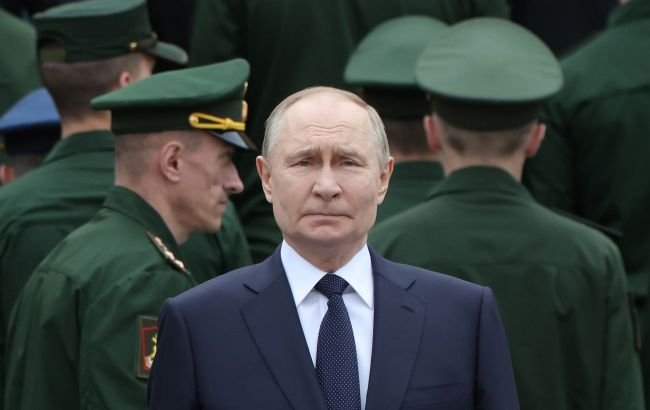Exploring the Surge in Aging Research Funding in Russia
Recent statistics reveal a significant increase in funding for aging-related research in Russia. Between 2021 and 2025, the Russian Science Foundation (RSF) supported 43 projects dedicated to fundamental medicine in the realm of aging, a stark contrast to just seven projects funded from 2016 to 2020. This shift indicates a growing focus on understanding and addressing the complexities of aging.
Increased Financial Support for Aging Research
The RSF’s data highlights notable changes in grant amounts and the number of projects:
- Funding Levels (2025): Grants range from 4 to 7 million rubles (approximately $47,000–$82,000), with potential extensions for one to two additional years.
- Previous Funding Levels (2017): Grants were smaller, ranging from 3 to 6 million rubles (about $35,000–$70,000).
- Estimated Total Funding: The total investment in aging projects is estimated to have surged from 21 million rubles (about $248,000) from 2016 to 2020 to an impressive 172 million rubles (approximately $2.03 million) for 2021 to 2025.
This escalation in financial support demonstrates a national commitment to tackling the challenges of aging and improving healthcare outcomes for the elderly.
Noteworthy Research Projects
Between 2021 and 2023, 34 projects were funded, addressing various aspects of aging. Among the most intriguing studies include:
- Mechanisms of Innate Immunity: This project aims to identify markers that can predict normal versus complicated aging.
- Alzheimer’s Disease Research: This study is investigating the correlation between brain and eye changes to explore preventive measures against Alzheimer’s.
In 2025, five additional medical projects specifically referenced “aging” in their titles, underscoring the sustained focus on this critical area.
Special Mention: Regulation of Cell Renewal
One standout project is led by Maria Vorontsova, described in media reports as Vladimir Putin’s eldest daughter. Titled “Regulation of Cell Renewal Processes in the Body,” the project seeks to uncover the fundamental processes that maintain long-term organ functionality and health, ultimately promoting active longevity.
The Global Dialogue on Longevity
On September 3, 2023, during a meeting in Beijing, Russian President Vladimir Putin and Chinese President Xi Jinping engaged in a conversation about longevity. They discussed technological advancements that could potentially replace human organs, a notion that Putin heralded as a step towards “immortality.”
Xi emphasized the changing perceptions of aging, stating:
“Earlier, people rarely lived to 70, but these days at 70 years, you are still a child.”
This dialogue reflects a broader international interest in longevity research and the implications of new technologies on health and lifespan.
Conclusion
The increase in funding and research initiatives related to aging in Russia signals a crucial pivot towards understanding and improving human longevity. As seen through the RSF’s financial support and high-profile discussions among global leaders, the topic of aging is no longer an afterthought but rather a pressing area of scientific inquiry and innovation.
For further reading on aging research, explore additional insights on fundamental medicine here.
By addressing the complexities of aging and fostering research collaboration, Russia positions itself at the forefront of longevity studies, influencing both regional strategies and global discussions on health and wellness.


